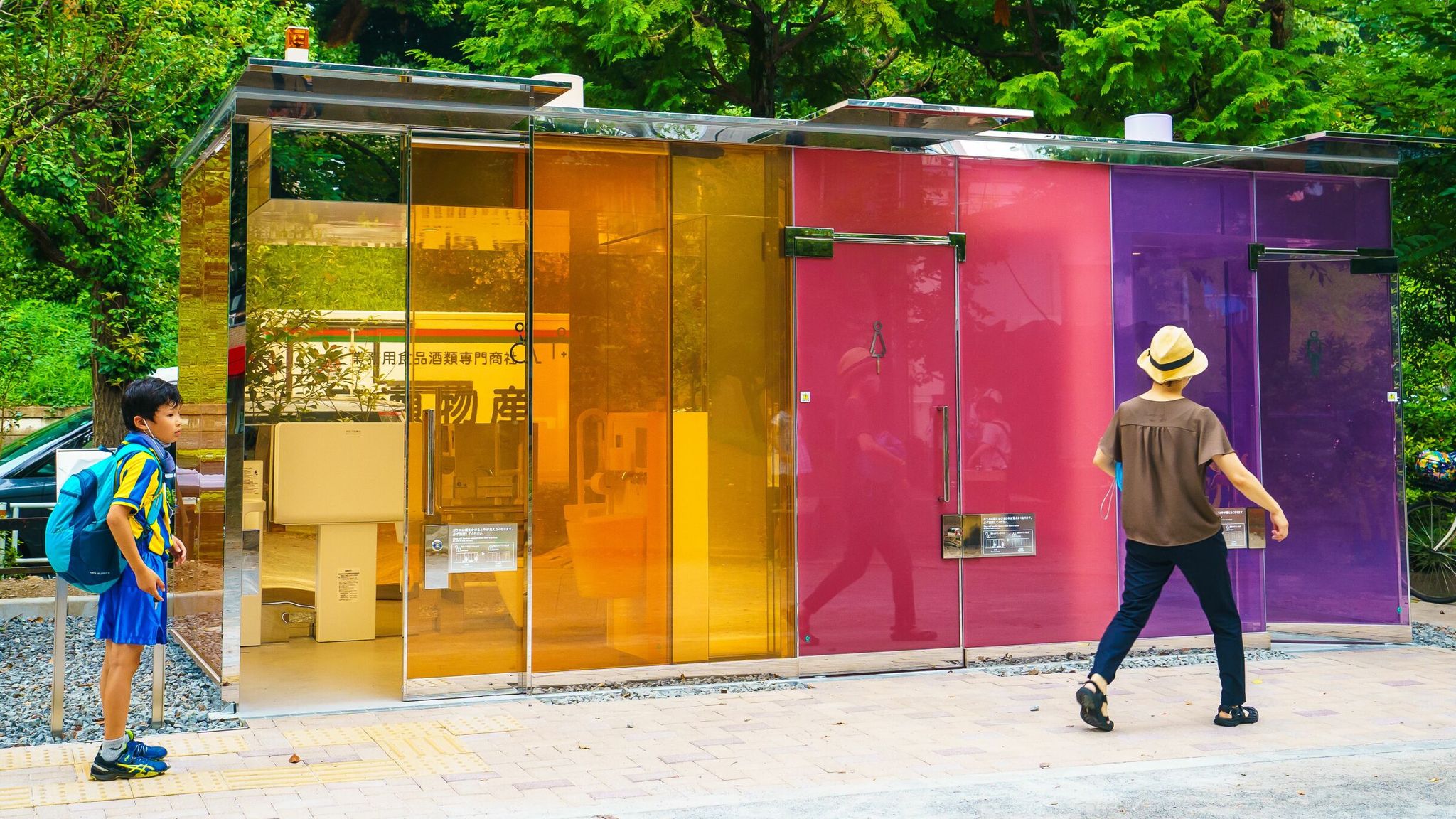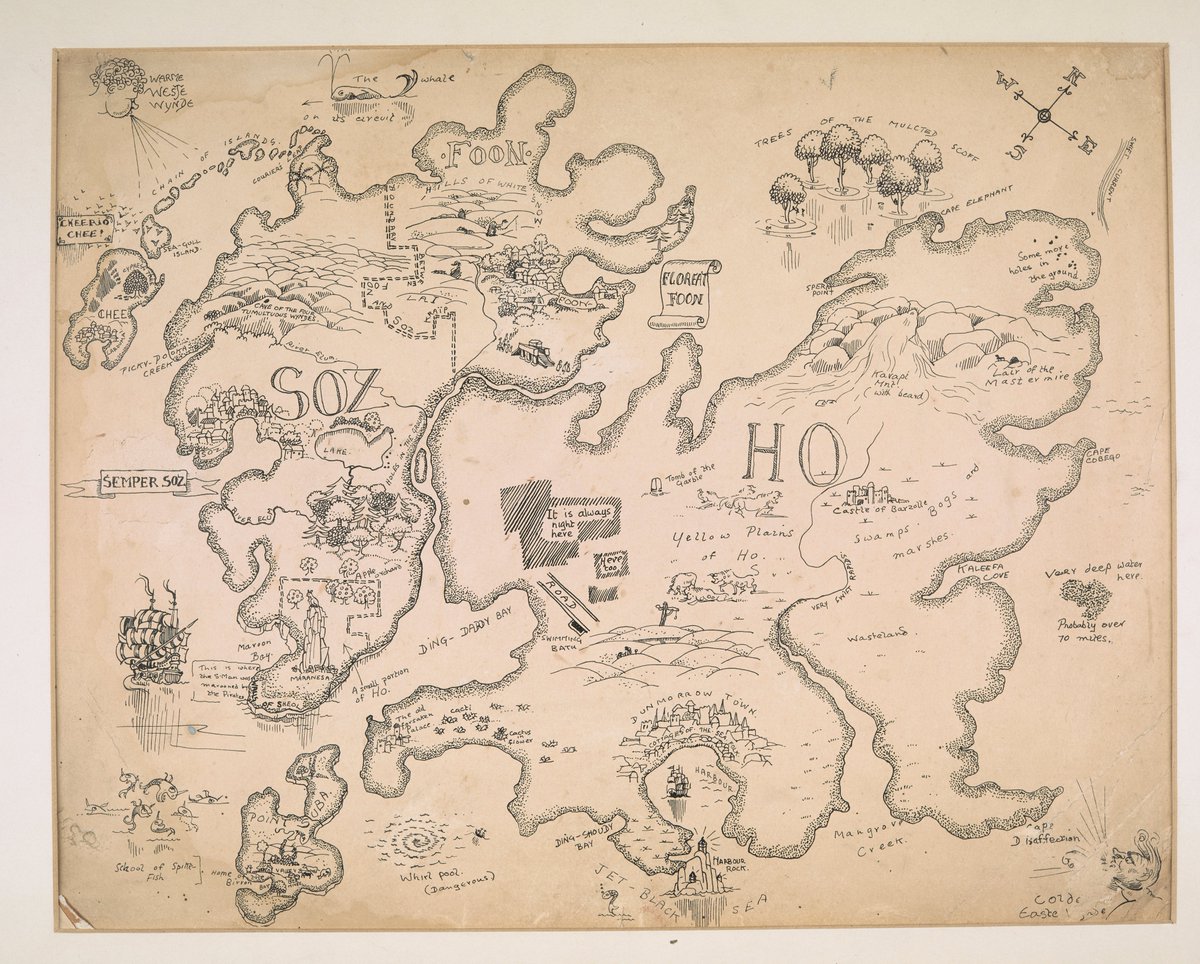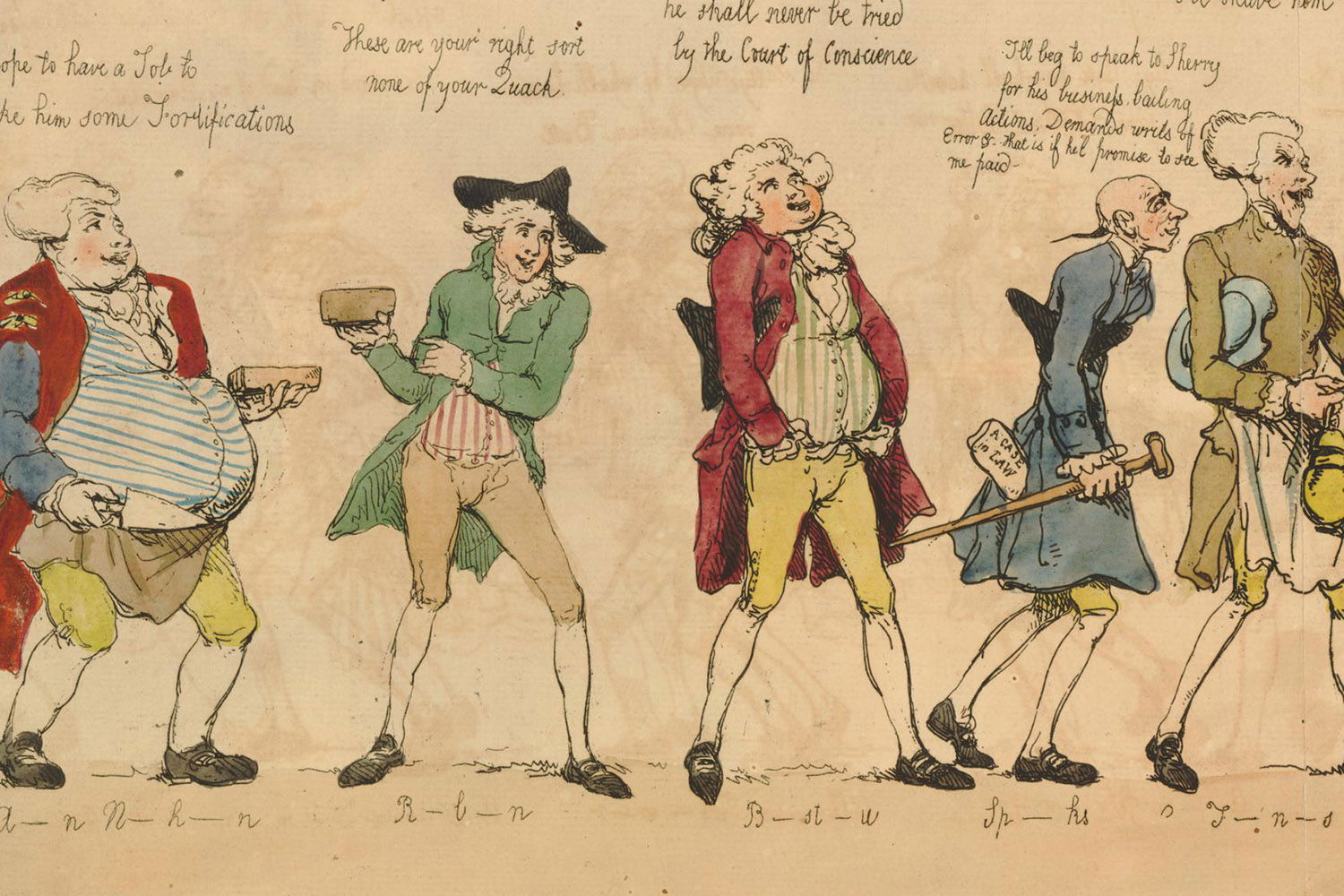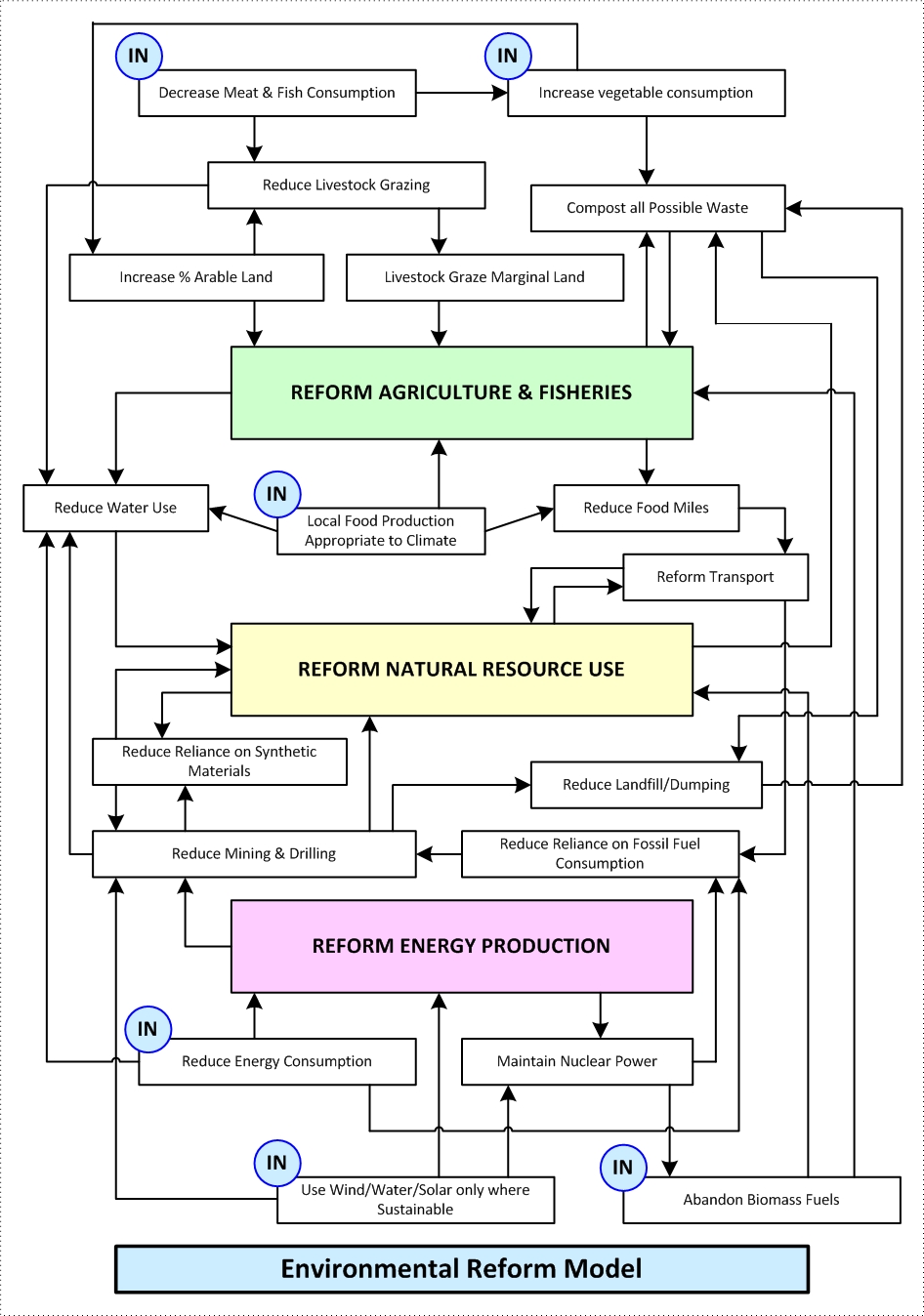Although I’ve not written about nuclear power for a long while, long-standing readers will know my conviction that we have to invest in nuclear technology. I see no other way in which we can generate sufficient electricity, even for reduced demand, from renewable resources – important though these are.
Now I would never pretend that nuclear power doesn’t have it’s challenges. Regardless of what type of reactor is chosen, the technology is hard, decommissioning is hugely expensive, and there is the problem of what to do with the nuclear waste. However these are largely soluble problems: see for instance my posts Nuclear Power Redux and Better Nuclear Power.
One thing nuclear doesn’t have, though, is an excess of deaths compared with any other power source. In fact nuclear power is the gold standard to be beaten.

from accidents and projected deaths from exposure to pollutants.
(And this does not include fatality rates in countries like China where
cheap coal and poor regulation cause considerably more fatalities.)
A large part of the reluctance to embrace nuclear power is down to the fact that people are generally scared of it. Why? Because they can’t see it and they don’t understand it – so it is very scary! Back in the day people were frightened of electricity because they couldn’t see it and it appeared to be magic – see, for example, this from America in 1900.
It’s a bit like being in a strange, unlit, house overnight and hearing a very odd, creaky, noise. We’d all find that a bit scary. But if we can see the bedroom door swinging on its hinges in the draught it isn’t anywhere nearly as frightening.
So a couple of days ago I was interested to see a BBC News piece by their Chief Environment Correspondent, Justin Rowlatt, under the headline Nuclear power: Are we too anxious about the risks of radiation?. [See also this article from Harvard University (from which the above graphic is taken).]
In the article Rowlatt makes the case that nuclear energy is nothing like as dangerous as we think it is, even when we account for Hiroshima, Nagasaki, Chernobyl and Fukushima. He ends by saying:
But here’s the thing: if we were a bit less concerned about the risks of low levels of radiation then maybe we could make a more balanced assessment of nuclear power.
Especially given that coal-fired power stations routinely release more radioactivity into the environment than nuclear power stations, thanks to the traces of uranium and thorium found in coal.
And, since we are talking about worrying about the right things, let’s not forget the environment.
Taking a more balanced view on the risks of radiation might help all those anxious climate scientists I mentioned at the start of this piece sleep a bit easier in their beds at night.
I’ll leave it up to you to read the rest of the article.








 So how old is the
So how old is the 

 But DNA can twist the other way (left-handed) to form Z-DNA. This has been known for some time, but it is now thought it may have a role in cancer and autoimmune diseases. Even more bizarre is that short sections of normal DNA can flip to Z-DNA and this obviously has a major control on how the whole of the transcription process (which turns DNA code into proteins) works (or doesn’t work) – and that may be important for the prevention of autoimmune diseases or the growth of cancer.
But DNA can twist the other way (left-handed) to form Z-DNA. This has been known for some time, but it is now thought it may have a role in cancer and autoimmune diseases. Even more bizarre is that short sections of normal DNA can flip to Z-DNA and this obviously has a major control on how the whole of the transcription process (which turns DNA code into proteins) works (or doesn’t work) – and that may be important for the prevention of autoimmune diseases or the growth of cancer. 









 Katherine Rowland talked to 120
Katherine Rowland talked to 120